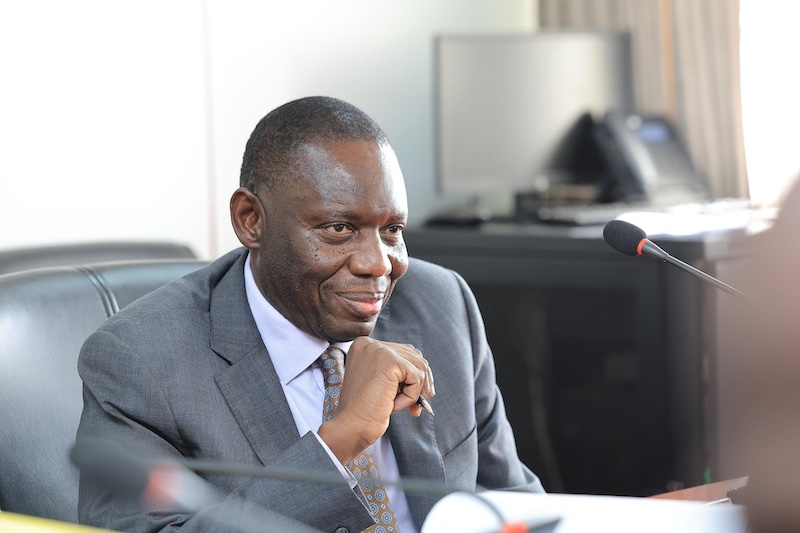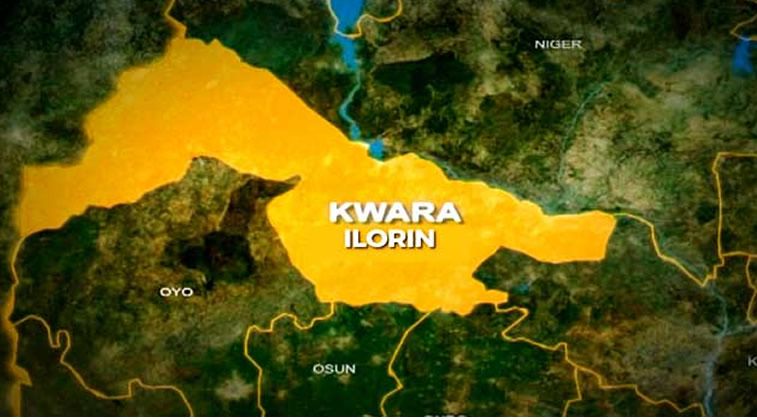
The Bank of Uganda (BOU) has maintained its benchmark lending rate, keeping the Central Bank Rate (CBR) at 9.75 per cent for the thirteenth consecutive month, despite inflation remaining among the lowest globally.
Announcing the Monetary Policy Committee (MPC) decision, BoU governor Michael Atingi-Ego said the rate was held steady to reflect confidence in an improving domestic economic environment while remaining alert to persistent risks in the global economy.
Uganda’s headline inflation stood at 3.6 per cent for the year ending October 2025, according to the Uganda Bureau of Statistics (UBOS), far below the central bank’s medium-term target of 5 per cent.
The CBR guides the cost at which commercial banks borrow from the central bank, influencing lending rates across the economy. Maintaining a relatively high rate helps regulate the volume of money in circulation and keep inflation contained.
“The inflation outlook has been revised slightly downward relative to the August 2025 forecast. Core inflation is projected to range between 4.0 and 4.5 per cent, below the 5 per cent target over the next 12 months,” Atingi-Ego said.
He attributed this improvement to a more stable exchange rate and easing global inflationary pressures, though warning that the outlook remains “broadly balanced”, with several risks still in play.
Upside risks include renewed geopolitical tensions disrupting energy and food supply chains, unfavourable weather patterns affecting agricultural output, and exchange-rate pressures stemming from weaker capital inflows or delays in oil revenue.
Stronger domestic demand, particularly from large public investments, could also heighten core inflation pressures. On the other hand, downside risks include continued capital inflows linked to oil sector progress, favourable weather that boosts food supply, and easing global monetary conditions, which could reduce imported inflation.
Overall, the inflation outlook remains balanced, with core inflation expected to remain close to the medium-term target, the governor noted.
Despite the mixed risks, Uganda’s growth prospects remain upbeat. Official projections indicate that the economy will expand by 6.5–7.0 per cent in 2025/26, rising to an average of 8 per cent in the medium term, growth supported by stable global conditions, prudent monetary policy, and targeted fiscal measures.
Atingi-Ego also addressed concerns that government borrowing and election-related spending might fuel inflation ahead of the January 2026 polls. Last week, parliament approved Shs 9.75 trillion in new loans for roads, electricity, agriculture and humanitarian programmes, prompting public debate.
He dismissed claims that the borrowing spree is tied to the elections. All these expenses are not related to the polls, and all election expenditures were already provided for in the 2025/26 budget, he said.

